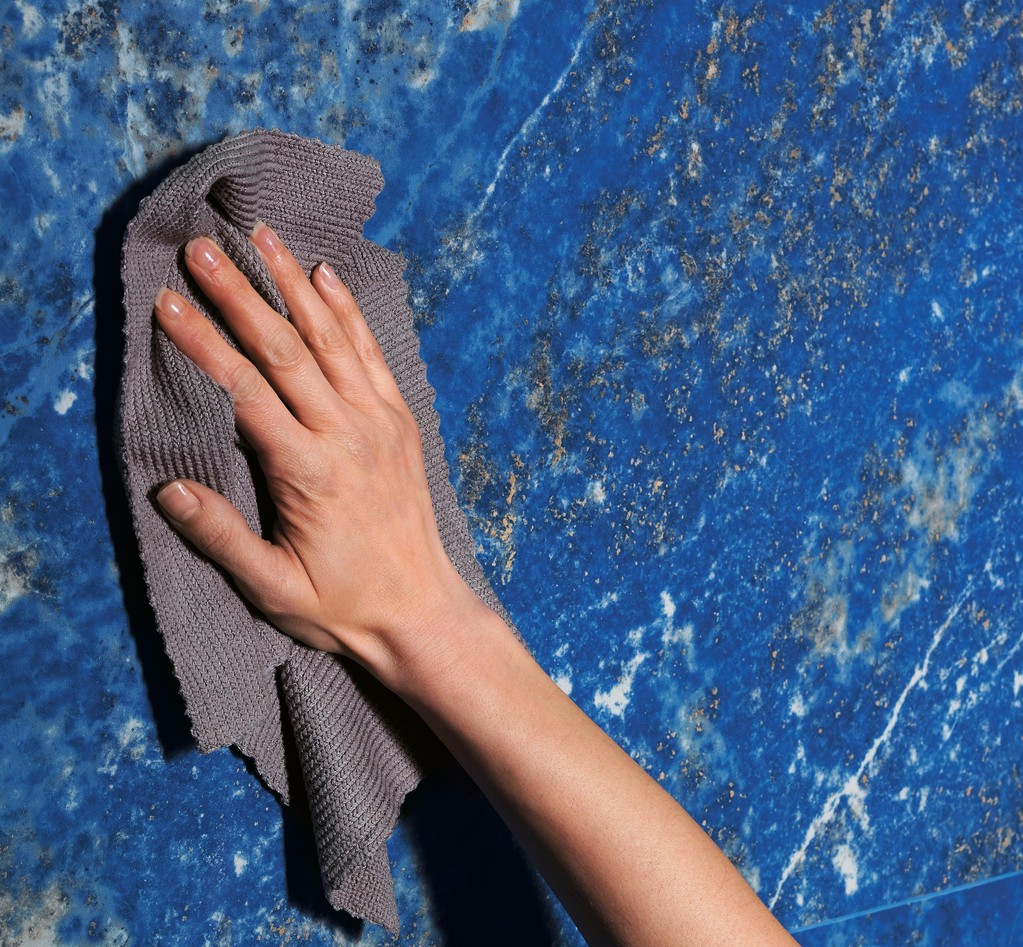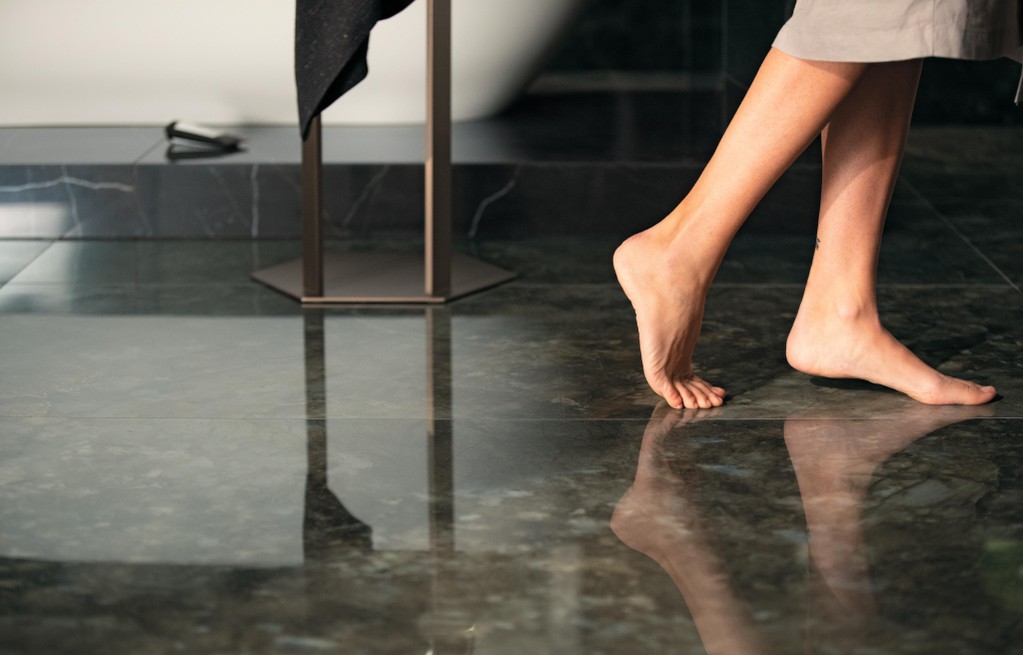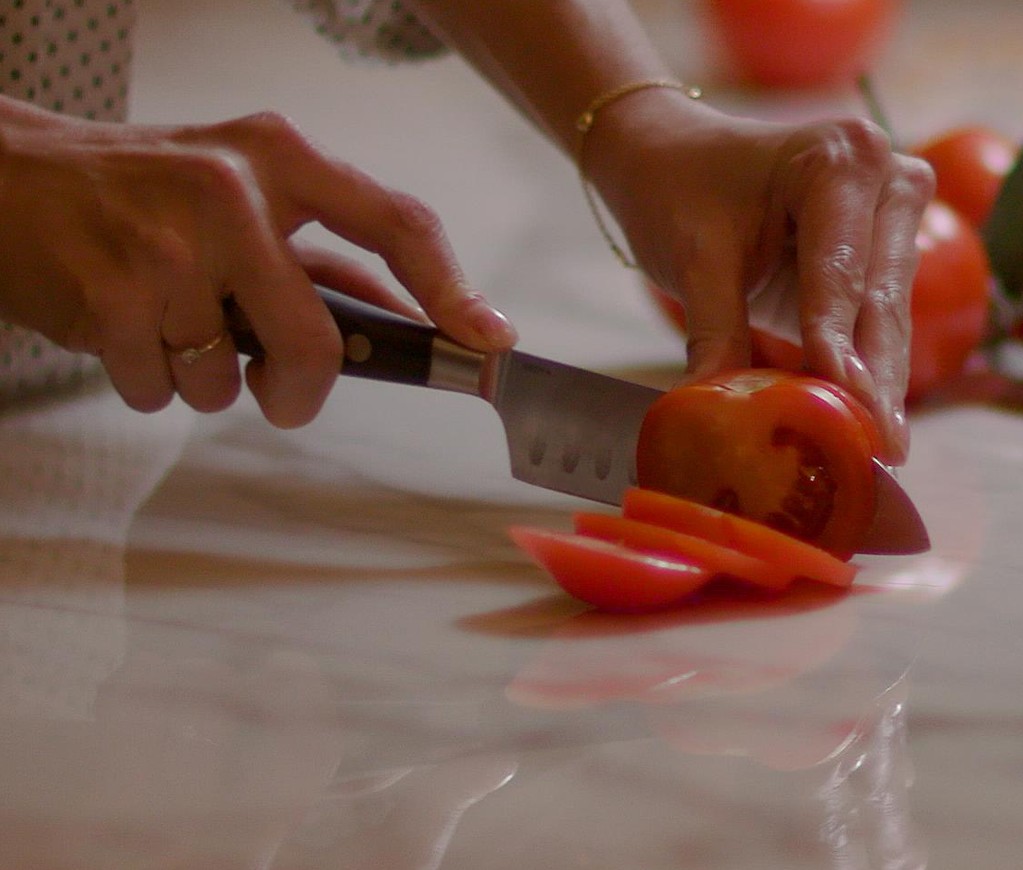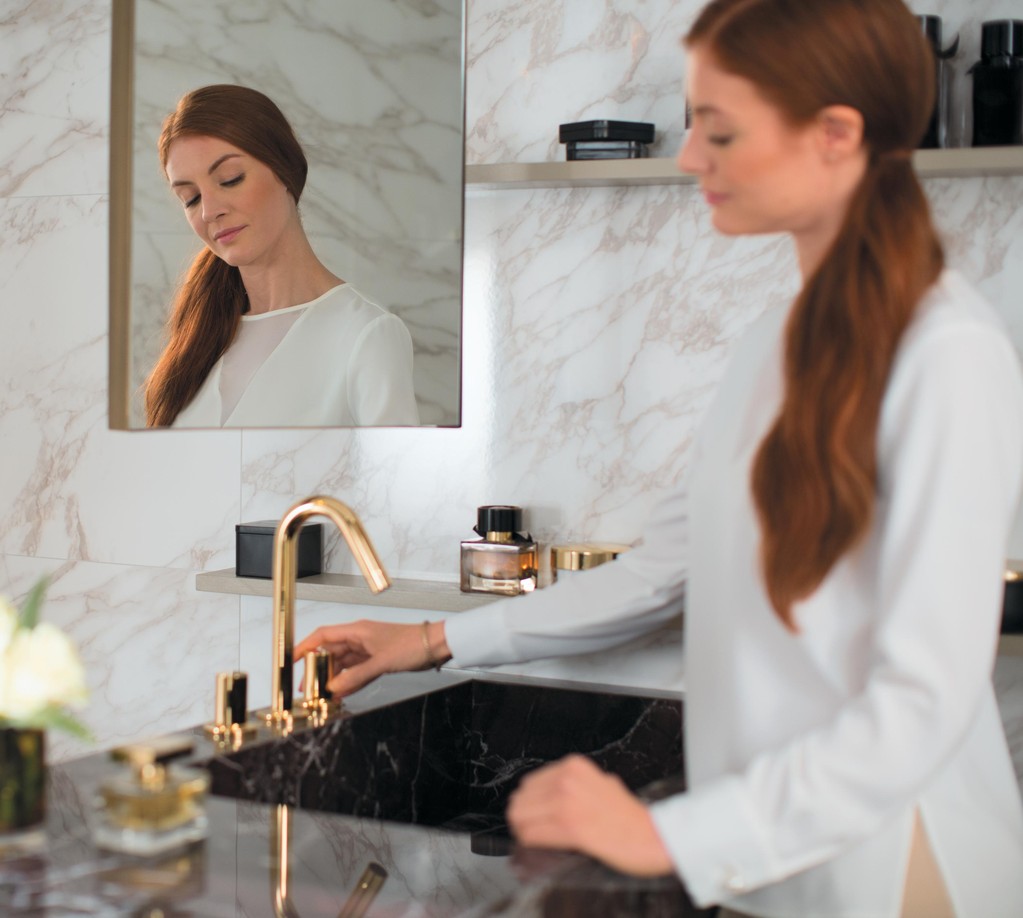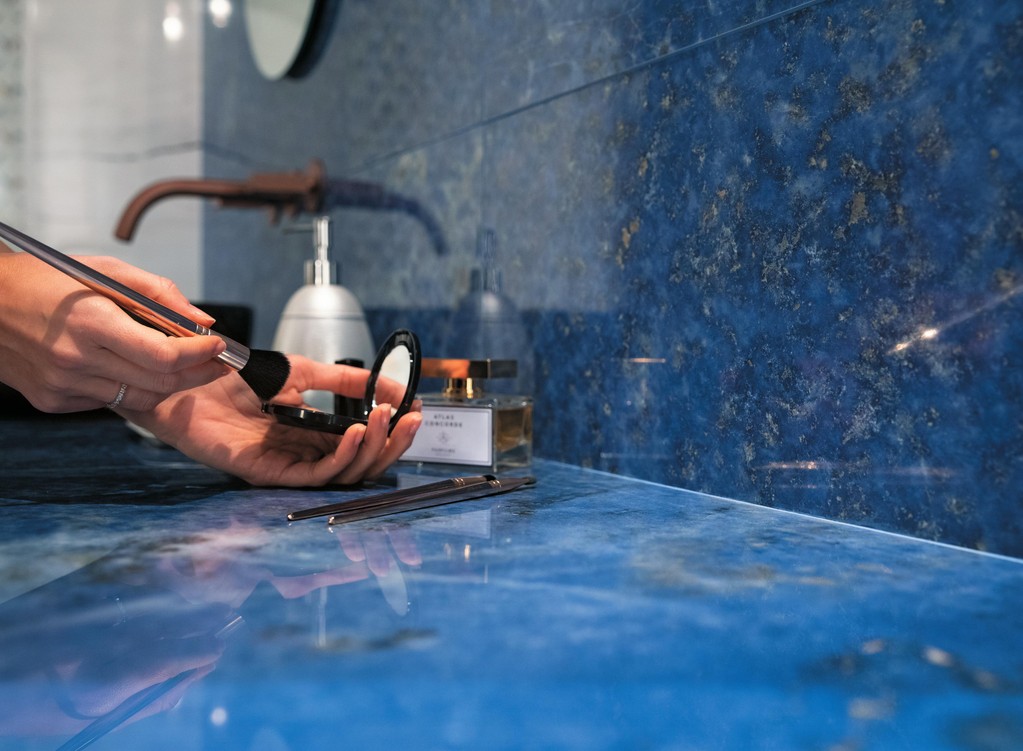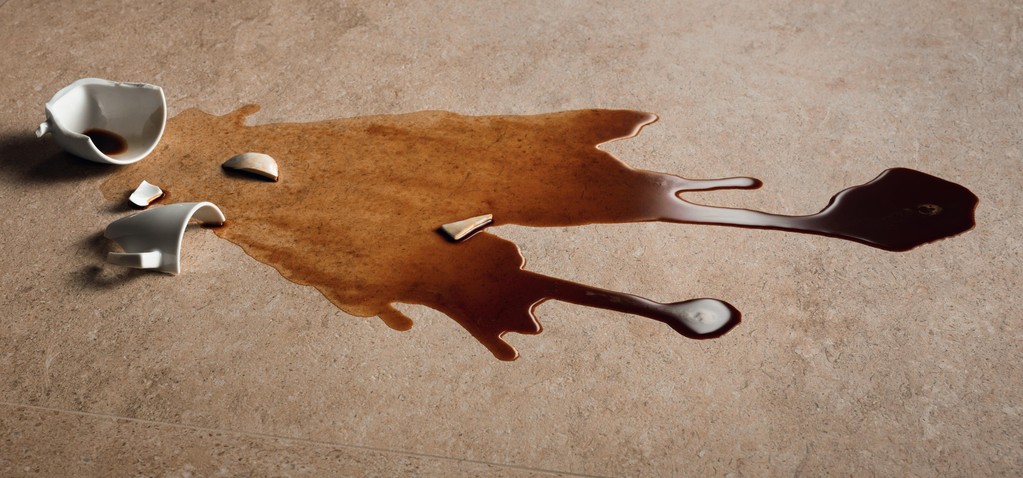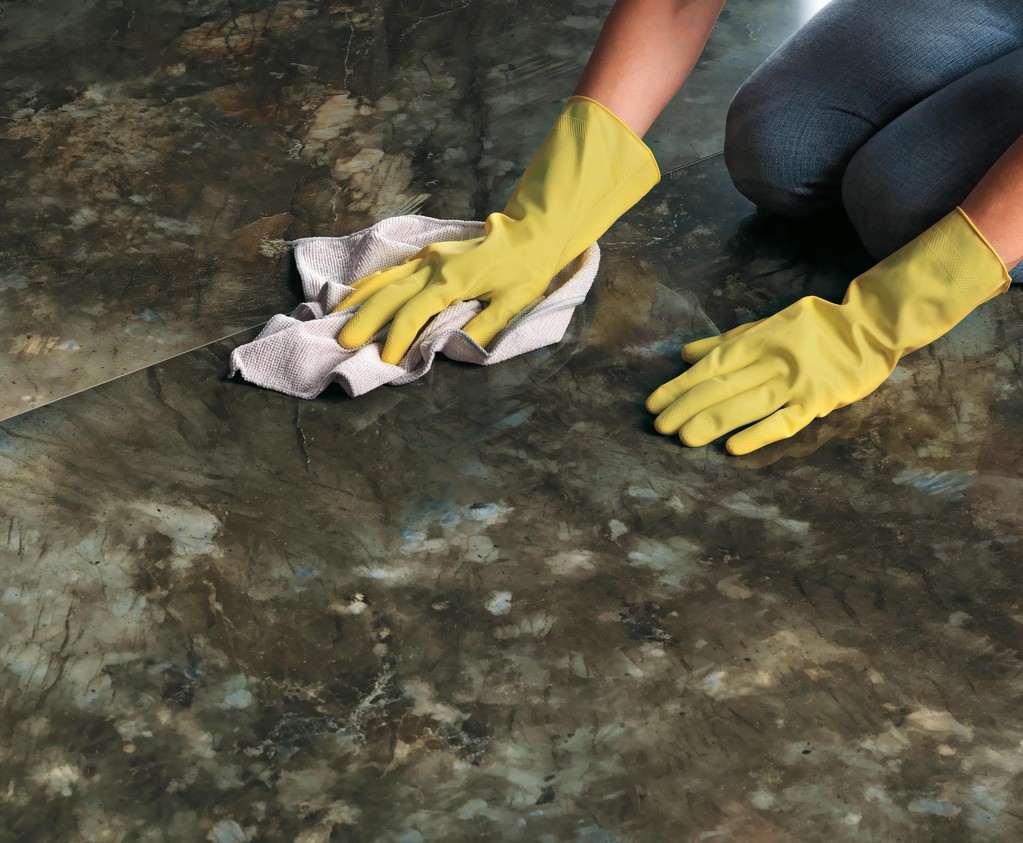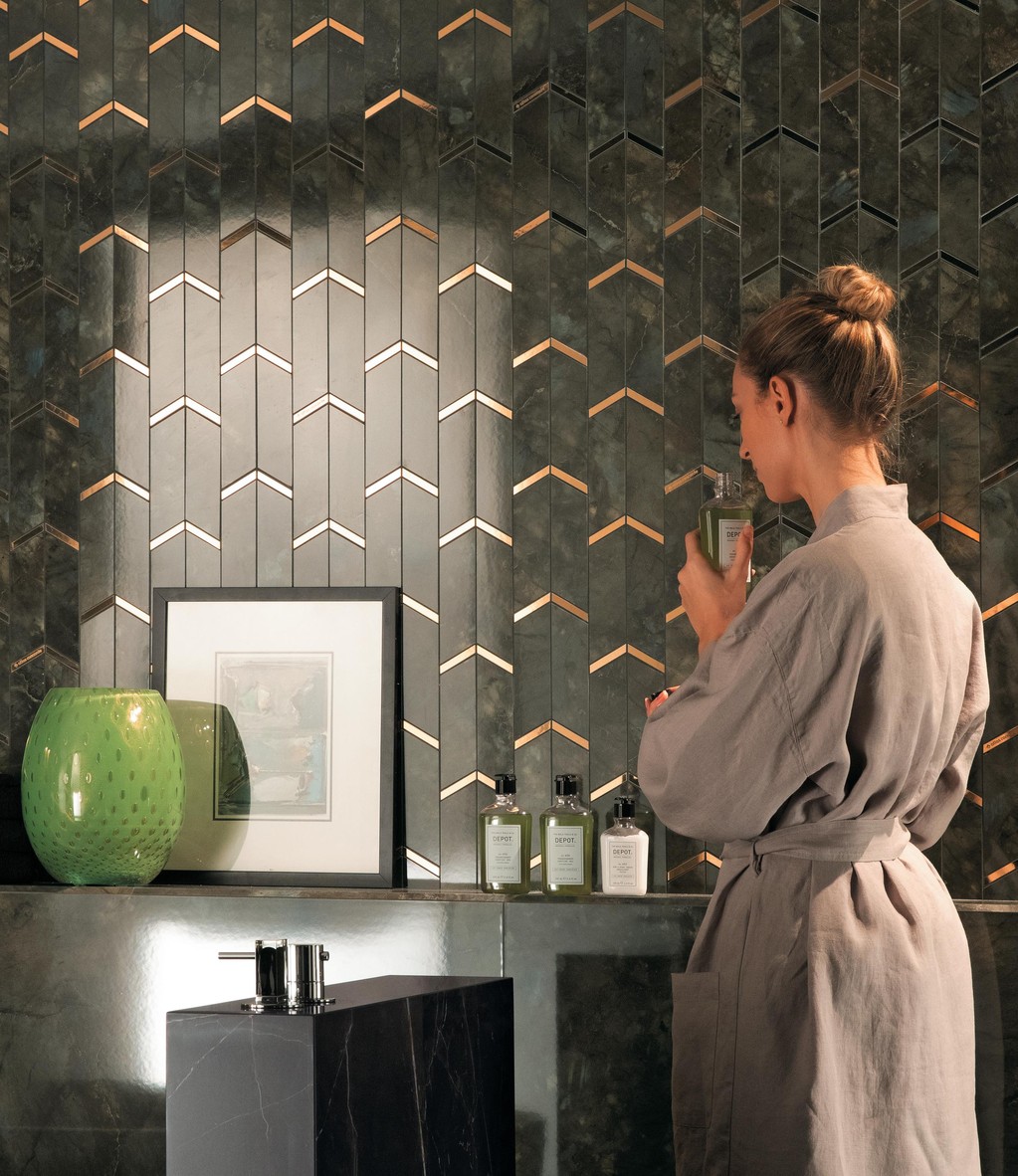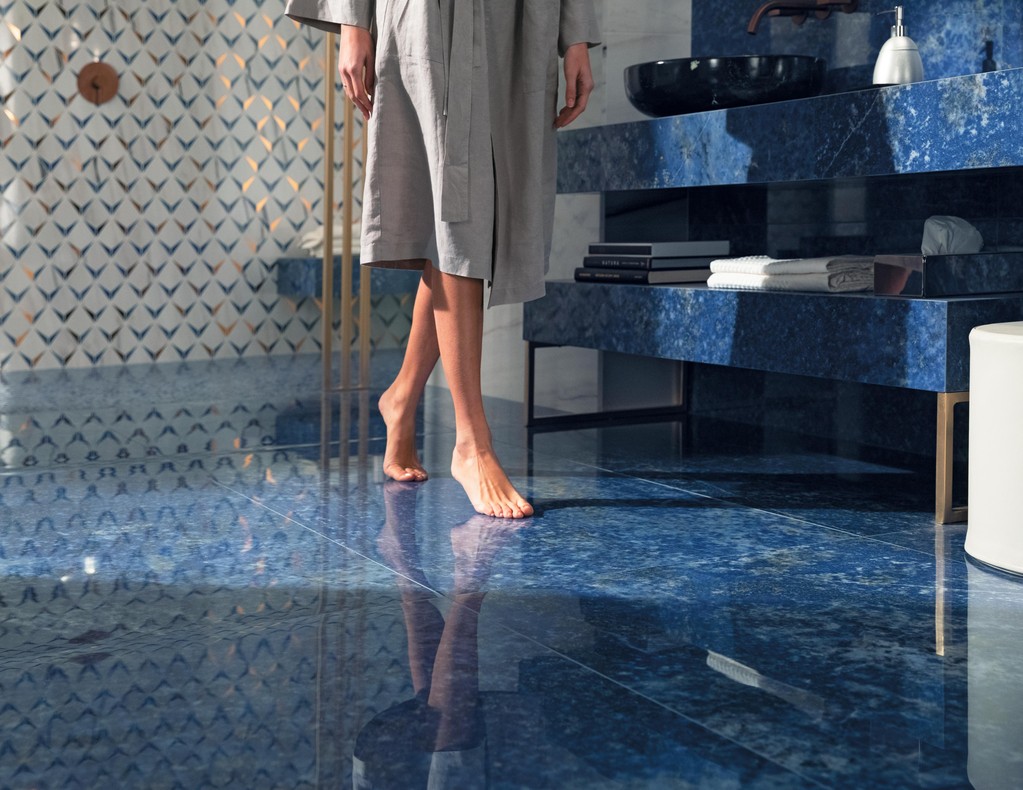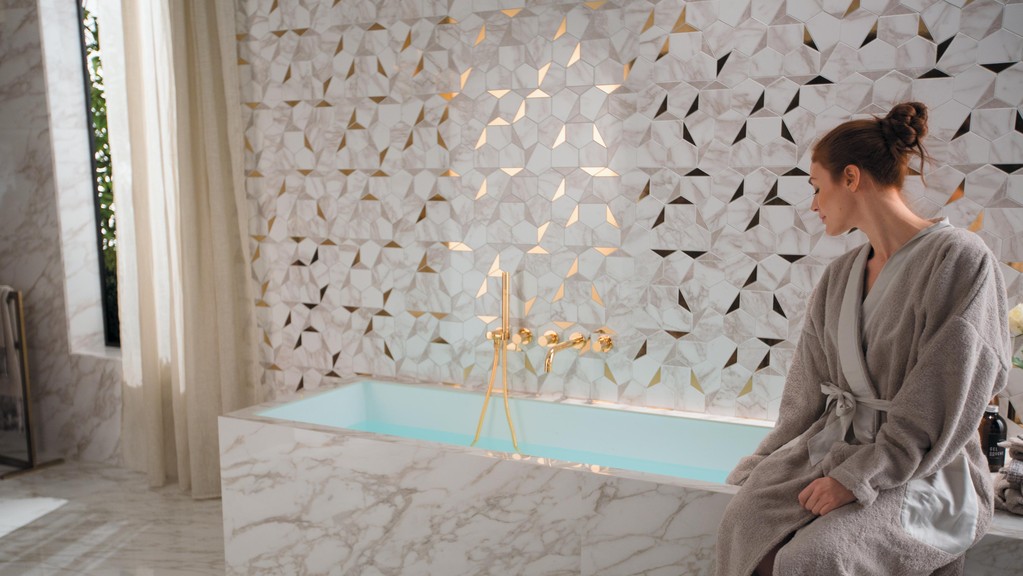Ceramic tiles have physical, chemical, and mechanical characteristics that make them hygienically safe, because they prevent the growth of viruses, germs, and bacteria and because they are very easy to clean. Those who choose ceramic tiles can be sure they're making a safe, practical choice.
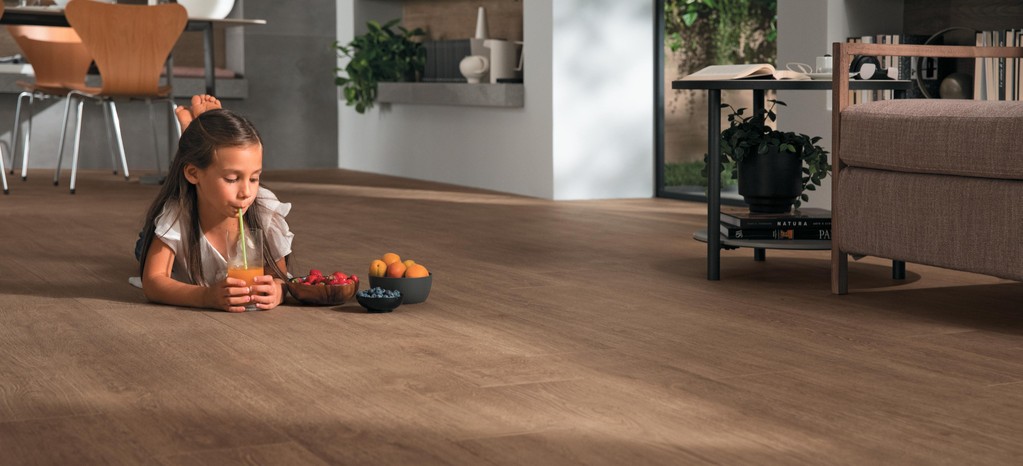
Ceramic tiles and hygiene: an inseparable combination
11 June 2021
We teach our children to wash their hands several times throughout the day. It's a simple gesture, almost trivial, yet proven to be effective in safeguarding our health, and we ourselves learned to do it as children. But once our hands have been purified, it's legitimate to consider the level of hygiene in our own homes. Cleaning and disinfecting objects and surfaces we come into contact with are important and recommended precautions, especially if there are children in the home. But it's good to remember that these operations are more or less effective (and more or less easy) depending on the type of material.
Easy to sanitize and always beautiful
For sure ceramic tiles are among the easiest surfaces to sanitize and to maintain as beautiful as the day they were installed. It's no coincidence that for centuries the dishes we eat on were made of ceramics, as are sinks, toilets, and showers. Atlas Concorde porcelain tile floors, bathroom walls, and worktops are just as easy to clean. Let's see why. At the beginning of the production process, the ceramic mass consists of a very fine powder that is almost completely free of moisture, called atomized powder. The exceptional force used to press the powder and the very high firing temperatures give the ceramic tile an extraordinary compactness that makes it a non-porous material with an almost zero water absorption rate (less than 0.5% of the volume), and therefore always perfectly washable. These chemical and physical characteristics offer numerous practical benefits for our daily lives.
Nothing for stains to hold onto, no matter how tough
First of all, dirt has no way of penetrating under the surface of the ceramic tile, risking staining it forever. Obviously, ceramic tiles' high resistance to stainsdoesn't prevent them from getting dirty when, for example, coffee or wine is spilled or a lipstick falls on the floor when rushing to get ready for work. What it means is that most of the stains can be removed simply by washing the ceramic tiles with a wet cloth and hot water, especially if done promptly. For more stubborn stains, you can always consult the section of our website dedicated to the cleaning of ceramic tiles.
An inhospitable environment for bacteria, mites, and molds
Another fundamental benefit of ceramics is that mites and bacteria have no chance of nesting on its non-porous surface. Here again, routine cleaning (with normal supermarket detergents) are effective in reducing bacterial load and disinfecting the surfaces we come into contact with every day. Finally, by not retaining moisture, the bathroom and kitchen tiles prevent the proliferation of mold and fungi, which flourish in humid places. Choosing a porcelain tile floor, bathroom wall, backsplash, or worktop eliminates a lot of worry when it comes to hygiene, and simplifies everyday life. Freeing up time for what we like to do most.




















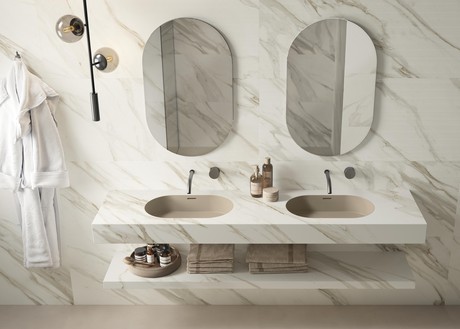

























.png?cropw=3687.1812062937065&croph=2074.03942854021&cropx=85.93002622377622&cropy=229.9605714597902&cropmode=pixel#?w=3840&q=100)















.png?cropw=2955.4734265734264&croph=1662.4538024475523&cropx=218.73103146853146&cropy=289.05378059440557&cropmode=pixel#?w=3840&q=100)
.png?cropw=3715.8243006993007&croph=2090.1511691433566&cropx=249.9783216783217&cropy=197.73694274475525&cropmode=pixel#?w=3840&q=100)







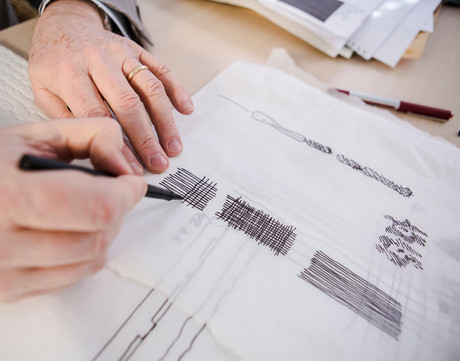
.jpg?cropw=4096&croph=2304&cropx=0&cropy=389.0000000000003&cropmode=pixel#?w=3840&q=100)


.jpg?cropw=4096&croph=2304&cropx=0&cropy=215.39045431878446&cropmode=pixel#?w=3840&q=100)






